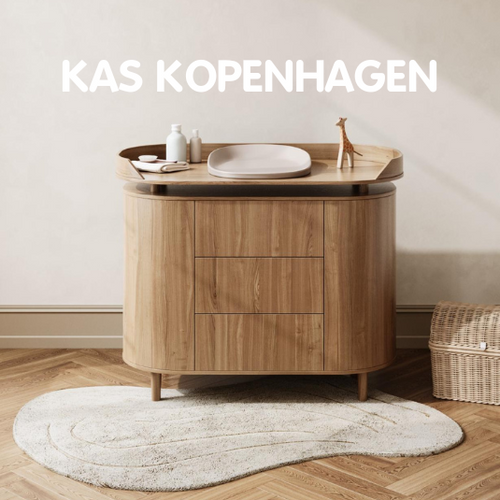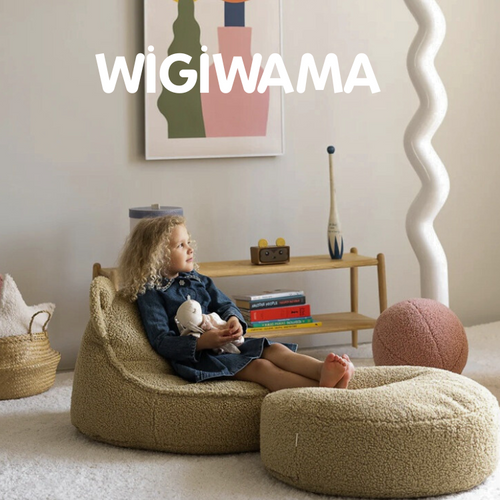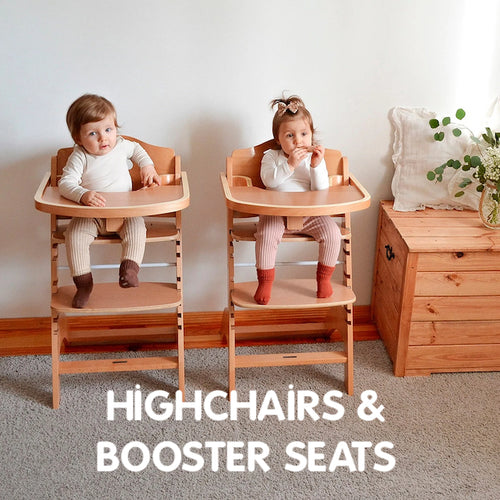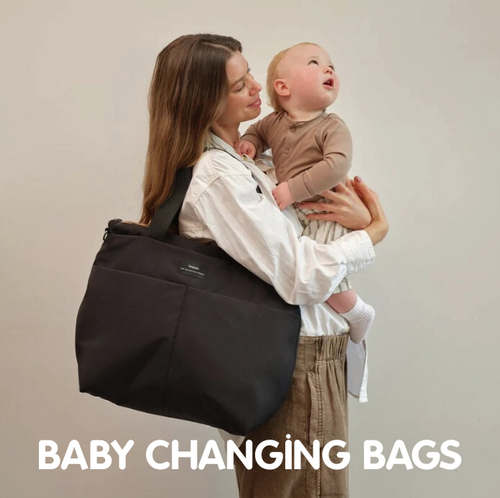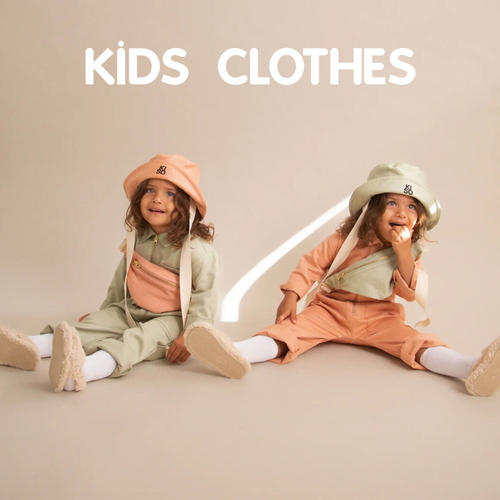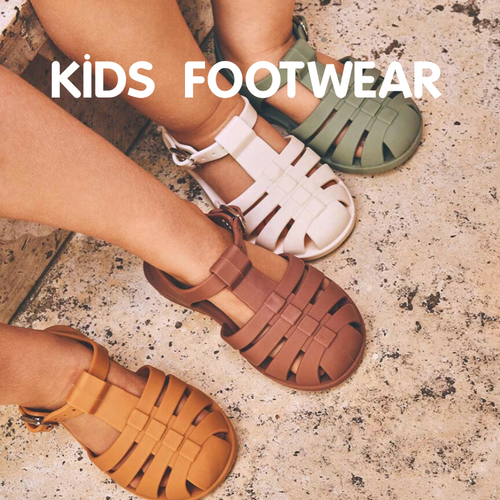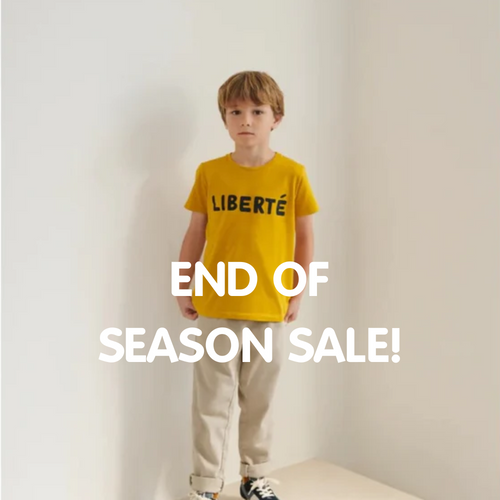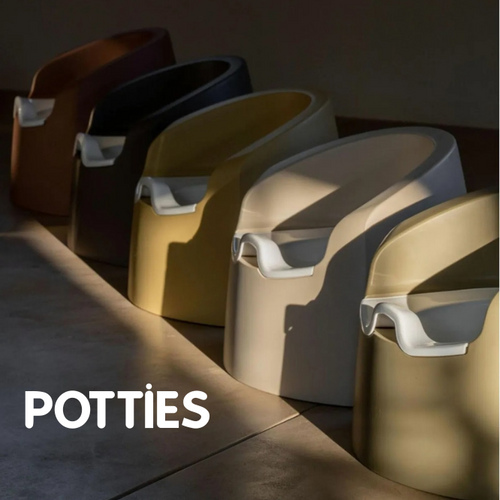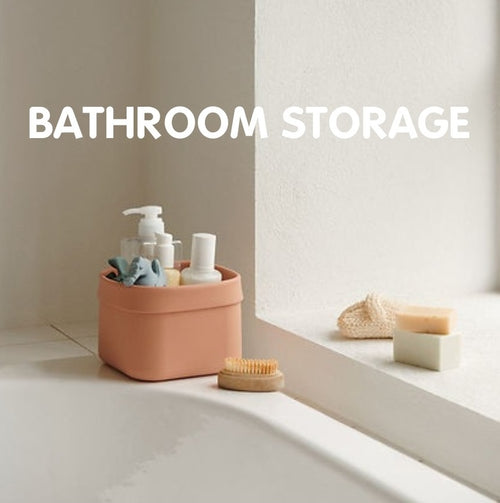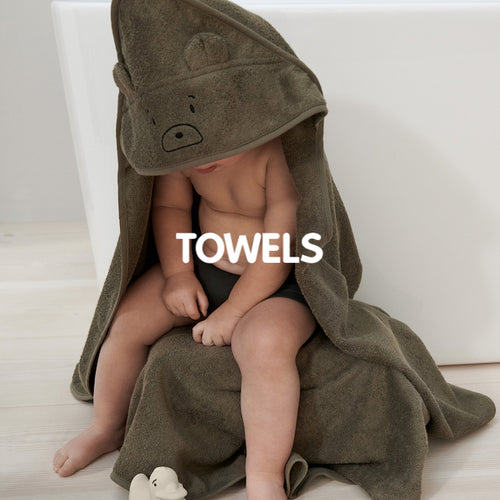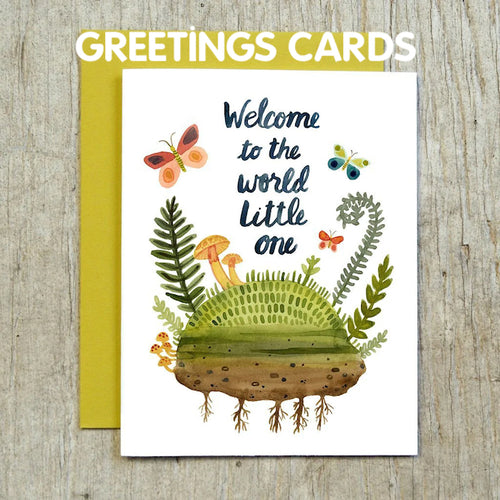Providing your children with visual stimuli and educational tools during their early years is key to aiding their cognitive development and essential life skills. Baby flashcards are the perfect introduction to fun learning activities, and they can be used from the day that you bring them home.
If you’re wondering what baby flashcards are, or which ones are best for your child, our useful guide will help you to make the right decision to support their early years development. Whether you’re looking to improve counting skills, vocabulary, or optic pathways, keep reading to discover the best flashcards for kids of all ages.
What are baby flashcards?
Flashcards for babies are large cards that contain exciting pictures, letters, and numbers to help your little one learn from an early age. They often come in a variety of exciting colours to make them engaging to curious minds. Still, they can also come in black and white, utilising a series of high-contrast images. They are carefully designed to ensure that learning can be fun when incorporated into a daily routine.
A daily parenting routine provides ample opportunities to use flashcards, whether you need a distraction to make nappy changing easier or if you’re looking to make tummy time more varied and entertaining. However, it’s not just babies who can benefit from using flashcards, older children and toddlers can also increase their learning capacity through the use of picture cards.
What ages can benefit from using flashcards?
The good news is that picture cards can be used from birth until you decide your child no longer needs them. That being said, babies over the age of 3 months will see the most benefit from using flash cards as their eyesight will be more developed by this age and in fact, high-contrast picture cards can help encourage and stimulate the development of the visual pathway.
As your child ages, you’ll need to change and adapt the flashcards so that they’re suitable for their progression. For example, flashcards for toddlers will include more complex pictures and start to incorporate words, whereas flashcards for babies are likely to stick to pictures of animals. You’ll also need to change the way that you use them, as babies will require them to be held more closely to their line of sight and the cards should be shown for 10-20 seconds before being rotated. As your child grows you’ll be able to increase the distance and speed between each card rotation to accommodate their development.
How do flashcards help with development and learning?
When flashcards or sensory cards are used correctly, they can have several benefits depending on the age of your child. Baby flashcards will help to encourage depth perception and the recognition of different colours and shapes, as well as provide an engaging stimulus for young and developing minds.
Toddler flashcards offer a different set of benefits, as your child’s brain will be more developed and capable of handling more complex colour combinations, shapes, and words. Therefore, they can encourage cognitive development and independent thinking, help toddlers learn new vocabulary and numbers, and improve memory skills. They can also be incorporated into new games to improve fine motor skills and add more excitement when learning.
Are black and white sensory cards best?
Black and white sensory cards are best for very young babies and can be used from birth. This is because newborns do not have developed eyesight and cannot easily distinguish or recognise colours until about 3 months of age, when they will start to be able to see the colour red. Research suggests that high-contrast imagery can provide a focal point for young babies, as they are more capable of distinguishing the shapes. Therefore, this is the most appropriate type of visual stimulus for your baby and could help to strengthen the optic nerves and retinal function.
You can start to gradually introduce more colours from around 4 months of age when your child is likely to become more receptive to them. By the time they reach toddler age, you should have moved onto full-colour cards as black-and-white baby flashcards are likely to be too dull, resulting in disinterest. To help you transition your cards accordingly, we’ve compiled a list of our favourite picks for the different life stages below.
Flashcards for babies
For very young babies we recommend the Wee Gallery Animal Alphabet Cards. These high-contrast cards offer a series of exciting animal pictures for your little one to focus on and explore. However, they also include upper and lower case letters associated with these animals as well as the relevant vocabulary, so they can be utilised as your baby ages and seeks to learn more about the world.

Wee Gallery Animal Alphabet Cards £19.95
Picture cards for toddlers
Toddlers will benefit from increased use of coloured imagery and an introduction to basic vocabulary to enhance their learning. The Animal Alphabet Flash Cards by The Jam Tart feature 26 unique and vibrant designs complete with the relevant corresponding words to make them an engaging and memorable learning tool. In addition, the rounded corners make them safe for your toddler to pull out from the toy box and use themselves under adult supervision.

Animal Alphabet Flash Cards by The Jam Tart £9.95
Alternatively, for pre-school toddlers who may need more of a challenge, the Woodland Number Flashcards by Paper & Bean are excellent flashcards for toddlers to learn counting systems and numbers. An exciting visual learning tool, these cards can help to improve your toddler’s fine motor skills, number recognition and formation and help to encourage creative thinking.
Woodland Number Flashcards by Paper & Bean £24.60
Flashcards for kids
Young children in the early years of school are likely to enjoy a challenge, we’d therefore recommend the Animal Alphabet Flashcards by Paper and Bean. One side of these cards features a cute and whimsical animal design, whereas the back of the card features the associated letter in both upper and lower case as well as an animal fact. This is excellent for children to practice their reading skills and learn more about the animal world.
Animal Alphabet Flashcards by Paper and Bean £15.50
Enhance their early years of learning with baby flashcards
We know how important it is to provide your children with a variety of toys and learning tools to satisfy their curious minds and start their educational journey correctly. At Soren’s House, we have an impressive collection of engaging children’s toys and tools to aid their development. So no matter if you’re looking to add more educational toys or fun outdoor toys to your child’s nursery or toy box, shop the full collection of baby flashcards and books to find the perfect option for your little one.

